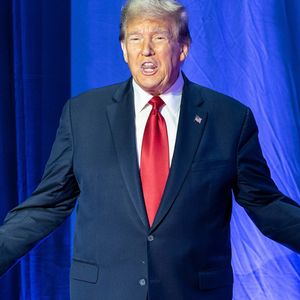The People’s Bank of China (PBOC) digital currency cryptocurrency regulation’s importance in its recently published 2024 Financial Stability Report. This reiteration is particularly noteworthy given the contrasting approach of crypto between mainland China and Hong Kong. Notably, while mainland China maintains its strict ban on cryptocurrency trading and mining, Hong Kong continues to diverge by actively advancing its crypto licensing regime . Highlighted Points From China 2024 Financial Stability Report In the report, the PBOC emphasized the growing global focus on cryptocurrency regulation, noting that 51 jurisdictions worldwide have implemented either outright bans or significant restrictions on cryptocurrency-related activities. The report also highlighted that some countries are refining their regulatory frameworks to address the evolving challenges posed by the industry. These developments follow the PBOC’s 2021 ban on digital currency trading and mining, a decision that remains firmly enforced in mainland China. Meanwhile, Hong Kong, under a separate regulatory environment, has introduced measures allowing licensed exchanges to offer digital currency trading services to retail investors, signaling a more accommodating stance towards the industry. This approach aims to position the city as a regional crypto hub, attracting global firms seeking regulatory clarity and investor confidence. The report also noted that Hong Kong’s financial institutions, including HSBC and Standard Chartered Bank, are mandated to incorporate cryptocurrency transactions into their customer supervision frameworks. This oversight aligns with international standards and ensures that financial institutions remain vigilant in mitigating risks associated with digital asset transactions. By integrating these measures, Hong Kong could be seeking to balance innovation with strong regulatory controls, setting an example for other financial centers exploring digital currency adoption . Hong Kong Continues to Move Towards A Crypto Hub Speaking of Hong Kong and its pursuit of a crypto-based sector, the region has once again made a notable announcement toward this goal. In a recent interview published by the pro-Beijing newspaper Wen Wei Po, Wu Jiezhuang, a prominent entrepreneur and member of both the Hong Kong Legislative Council and the National Committee of the Chinese People’s Political Consultative Conference, proposed including Bitcoin in Hong Kong’s fiscal reserves . Wu emphasized that such inclusion could diversify the region’s financial portfolio and position Hong Kong as a leader in digital asset adoption. In response, the Special Administrative Region (SAR) Government’s Treasury Bureau highlighted that Hong Kong’s foreign exchange fund already adopts a globally diversified investment strategy aimed at mitigating risks and ensuring sustainable long-term returns. Although digital currencies are not explicitly listed as a primary investment focus for the fund, the Bureau clarified that external investment managers overseeing these assets have the flexibility to explore diverse global asset classes . This approach implicitly allows for limited exposure to digital currency investments within the existing framework. Featured image created with DALL-E, Chart from TradingView




















